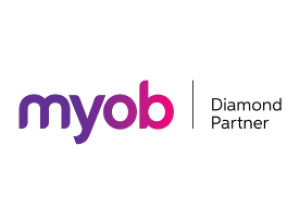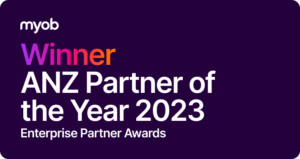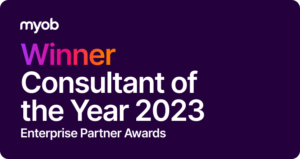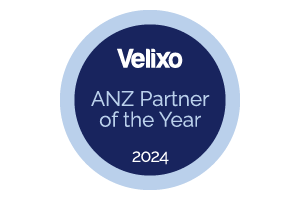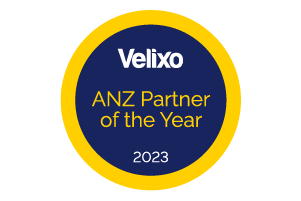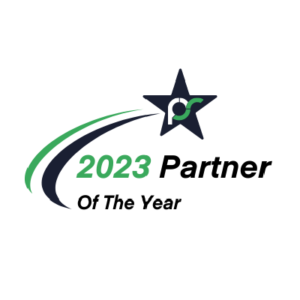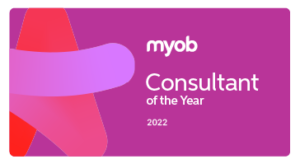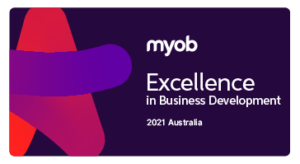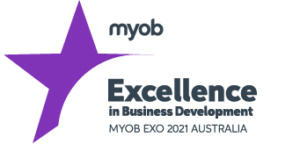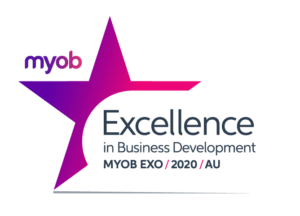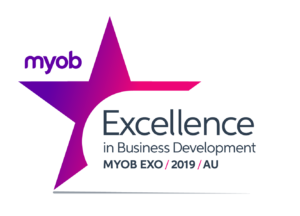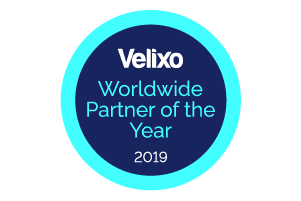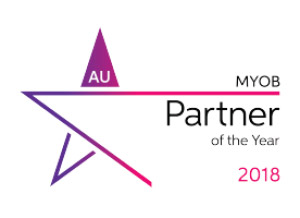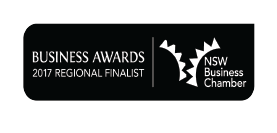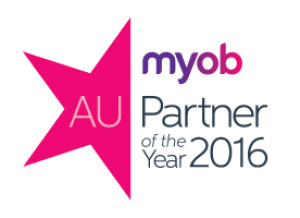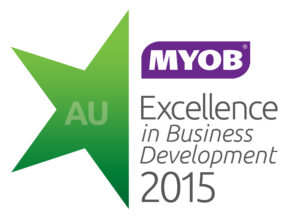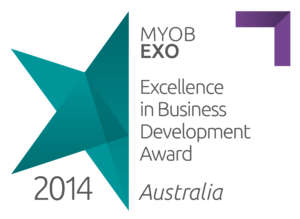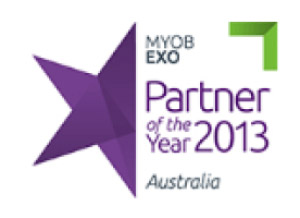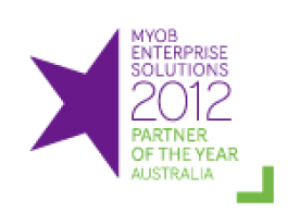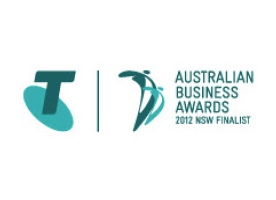Will an ERP system solve my problems and make my company profitable?
Why you need to use your ERP system to its full advantageThis article was originally published in November 2013 and has been reviewed and updated in August 2020 to provide the most relevant information.
This is the question on every company owner’s mind when they think “let’s upgrade from our accounting software and look at implementing a proper ERP system. I am sure that this will improve efficiency and ensure profitability.”.
As a business that implements ERP systems, you may be surprised to hear that our immediate answer is – “This isn’t always the case!”
Let us explain…
Imagine this: You have been trying to lose weight for a couple of months and joined the best gym in the suburb. It had a very persuasive ad claiming to help reduce weight by 2-3 kilos in a month. Two months down the line, your weight has increased by a couple of kilos. Then, you realised that simply joining a gym won’t solve the problem. You have to put in the effort yourself and actually go and exercise to help you get into those old pants!
So, what is an ERP?
It is important to understand what exactly an ERP is. As the full form suggests, an ERP is an Enterprise Resource Planning tool that is used to plan your enterprise’s resources! ERP is the next step to take after accounting software. In short, it’s software that collects, stores, and manages information about your entire business and helps to make the best possible decision at the right time. It does all of this while at the same time keeping your accounts. It combines financial and non-financial information and provides you with customised reports. To learn more about the background of ERP and how an ERP can impact business growth.
What can an ERP do for your business?
Kilimanjaro Consulting always applies this theory when implementing new software. No software is capable of solving all of your business problems, even when used to its fullest efficiency. An ERP is a tool and not a magic wand. It is a tool that if used properly, will help improve areas of the business that need attention and transform the way you do everyday business tasks. A business management platform supports integration that can create a connected software ecosystem to improve efficiency in your organisation.
MYOB’s Enterprise team worked with Kilimanjaro Consulting as their trusted implementation partner. Following their MYOB Advanced implementation, MYOB experienced increased efficiency and profitability all from one centralised platform.
MYOB Advanced has shown proven success for organisations across a range of industries, such as construction, wholesale and distribution, not-for-profit, healthcare, government, financial services, multi-entity organisations, field services, professional services, engineering firms, manufacturing, and more.
To understand the facts and myths behind ERP software and services – read more here. Let’s take a look at two examples of how an ERP was able to help a business that we have worked with.
Example 1 – Improving efficiency and measuring KPI’s
One of our consultants shared a story with us from his first job, which is a great example of just how simply an ERP can transform business when there is a relationship of trust between the implementer and the client. The client was a construction firm. During the current state, we looked at all processes within the firm and provided our recommendations on how to improve efficiencies. The first area we looked at was the purchasing department. The immediate concern we saw was the non-standardisation of cost codes. This meant that KPI’s per project could not be measured. As an example, “Manlifts” was rented for a period of time for the project as a whole. The Project Manager could not recognise how many man-hours of the Manlifts were being used for piping works as opposed to electrical works. Since the company took on EPC projects, it was an important phase in budgeting and bidding for new projects to have data on previous similar-sized projects to be able to forecast costs of equipment hire. Implementing the CSI cost code model into the ERP system standardised the stock items and lookups alike over a range of projects that were undertaken by the company.
This improved efficiencies as data was made available to planning departments. This meant they were able to plan activities and resources in a more efficient manner, also helping future project bids and budgets.
Example 2 – Removing laborious manual tasks
Another example, from a different client, was procurement strategy. In this example, every purchase required the company to send out a “Request for Quotation” to vendors. Each time the vendor was chosen based on certain criteria. The ERP system implemented was capable of vendor scoring.. However, this capability was not used due to a lack of knowledge of the end-users. Implementing a vendor scoring system meant that the system could suggest the most favourable vendor based on the history of pricing, lead times and vendor ranking as suggested by historic relations. It could also be used to give equal opportunity to vendors thus allowing the company to trial new vendors and to build better relations. Over a period of time, data increased which helped projects make an informed decision on whether to buy from a particular vendor. Forecast purchase algorithms again helped the automation of recommended quantities to buy at regular intervals. Sophisticated Inventory and Purchasing management using cloud-based systems such as Netstock can make a world of difference in improving efficiency.
To sum up…
In theory, it is not enough to simply buy and implement an ERP system.
The ERP system is just a tool, and it is vital that you, as the end-users, are committed to learning how to use it, in order to maximise its potential.
An ERP implementation should not be “set-and-forget”. Ongoing Business Process Improvement, with your implementing partner, is essential as your business changes and grows.
. An efficient business believes in doing this at regular intervals. At Kilimanjaro Consulting, we call this “sharpening the spear”. It is important as a business to review your processes and check with your implementer if reviewed processes can be mapped into the current ERP build or what could be done to map the change into the build.
A great man once said “Nothing is permanent but change”— (Heraclitus). As suggested by the “Theory of Constraints”: Find the bottleneck, fix the bottleneck, review the business process and rest assured you will find a new bottleneck. This process of fixing and reviewing is essential to a growing sustainable business.
Which ERP is right for my business?
Choosing the right ERP system for a business should begin with self-evaluation. A review and analysis of all current business processes should look at the strengths and weaknesses first.
In addition, a business owner will then have to determine the software that best fits the business’ current technology infrastructure. The cost of implementation and use will also need to be evaluated. These considerations will help to narrow the field of ERP software and system possibilities.
MYOB ERP Pricing – what am I paying for?
As a general rule with ERP, “you get what you pay for”. Therefore, the more money you spend on software, the more comprehensive and sophisticated it is likely to be. “Configurable” means you are purchasing the software plus the configuration services required to enable the solution to function in your unique environment. Both MYOB Advanced and MYOB Exo consist of multiple modules that can be individually purchased. This is based on what best meets your organisation’s specific needs and technical capabilities.
Click here for more information about MYOB Exo pricing.
For more information, download our free Ebook from the panel on the right, for all you need to know about making your way through the ERP selection process.
The next step is choosing your implementation partner. This is just as important as your choice of ERP system. To read more about the importance of choosing your partner wisely, read here.
If you have any enquires, please contact us at sales@kilimanajro-consulting.com, or give us a call at 1300 857 464 (AU) or 0800 436 774 (NZ).

